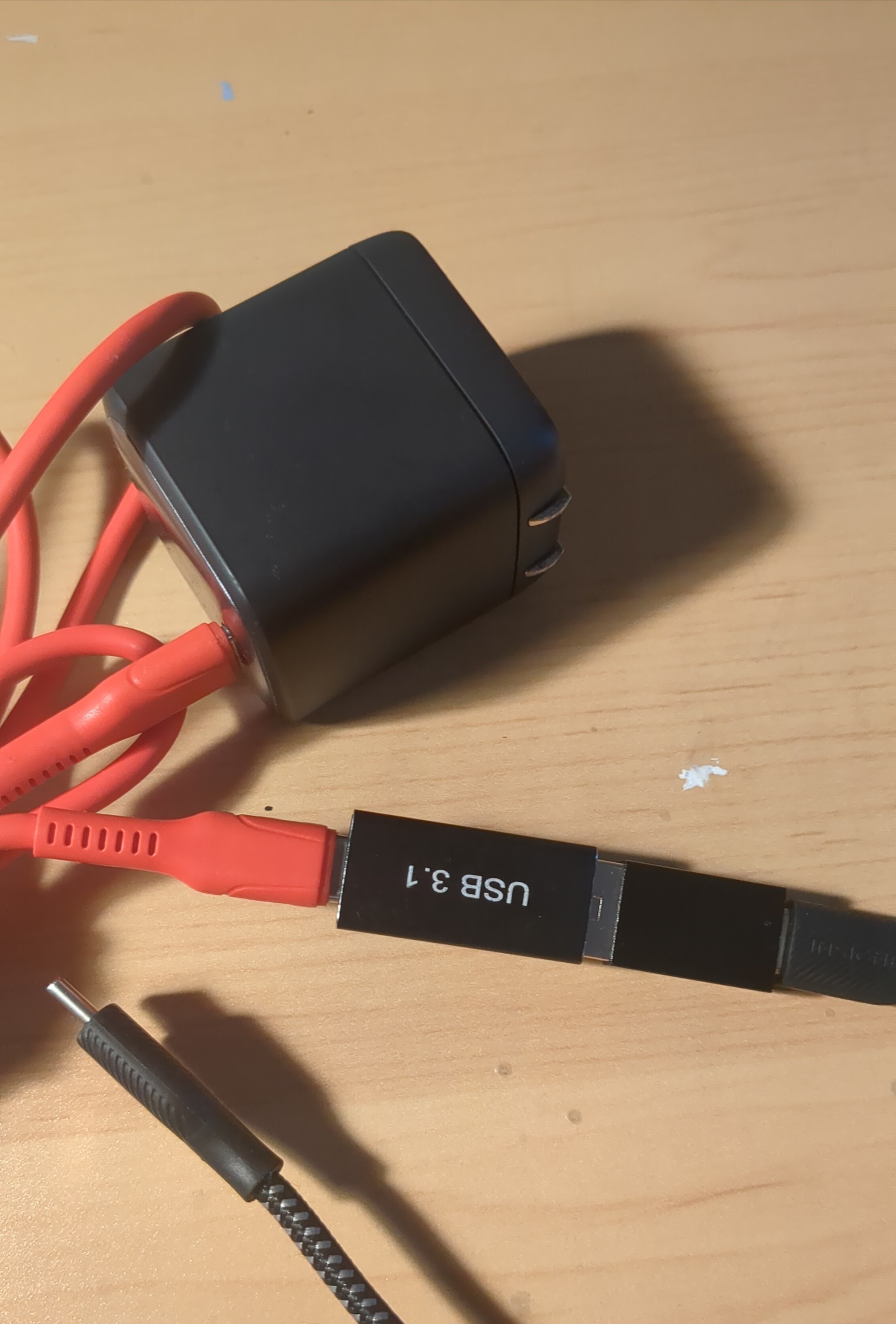If you are buying long premium braided cables it might help you save some money and space.
I’m not sure what devices these days are fine with a USB C to USB C connection. I feel like a USB C to USB A (male) to USB A (female) to USB C connection would allow you to use a USB C wall charger safely by acting as a kind of bottleneck but it would mean potentially carrying two cables.
Do you have any sbcgaming “life hacks”?
What?
Why use an adapter? Because a significant amount of devices won’t charge without it.
Why YSK? It stands for You Should Know. I figured these days people might have more USB C cords on hand than USB A to USB C and it’s reduced the amount of stuff I put in my bag.
If it’s the last bit I’m wondering if something like this

Would allow someone to use a USB C wall charger.
You can convert most USB types to another type, with an assumed level of safety. Where you need to pay attention is the power draw of your device and the maximum current output of the charger.
USB-A is generally rated at 2.5A while USB-C is generally rated at 5A. This is really just what the cable itself should be able to handle and what the expected power delivery is.
Charging a USB-A device from USB-C should be fine’ish. If you charge a USB-C device from USB-A, it might not charge correctly. Honestly, there are millions of conditions where this works and wouldn’t work but it all boils down to current draw. (I am ignoring any power negotiation that might be available, btw.)
By standards, all USB data cables should have at least four wires: +, -, D+, D-. This allows them to work as data cables, regardless of how you convert them. (USB power cables may only have 2: +, - or their data lines are grounded (or bridged?))
After all those words, I will reiterate: Check the current limitations on the charger and the device. This goes for all types of chargers, cables or devices and not just USB.
A device will want to pull as much current as it can. A charger is just the supply. You can have a 5A charger with a device that only needs 500mA but not the other way around. Cheap chargers will self-destruct. Better chargers will limit output current properly or not charge at all.
I am leaving out the many details for simplicity. Also, I filled this comment with tons of implied caveats to account for the plethora of ways USB standards are ignored by manufacturers. (Also, it would be nice if the people who created USB standards actually used USB.)
Data transfer is absolutely not the same thing as charging. While it should work to some degree with any number of adapters, how well it works is anyone’s guess.

